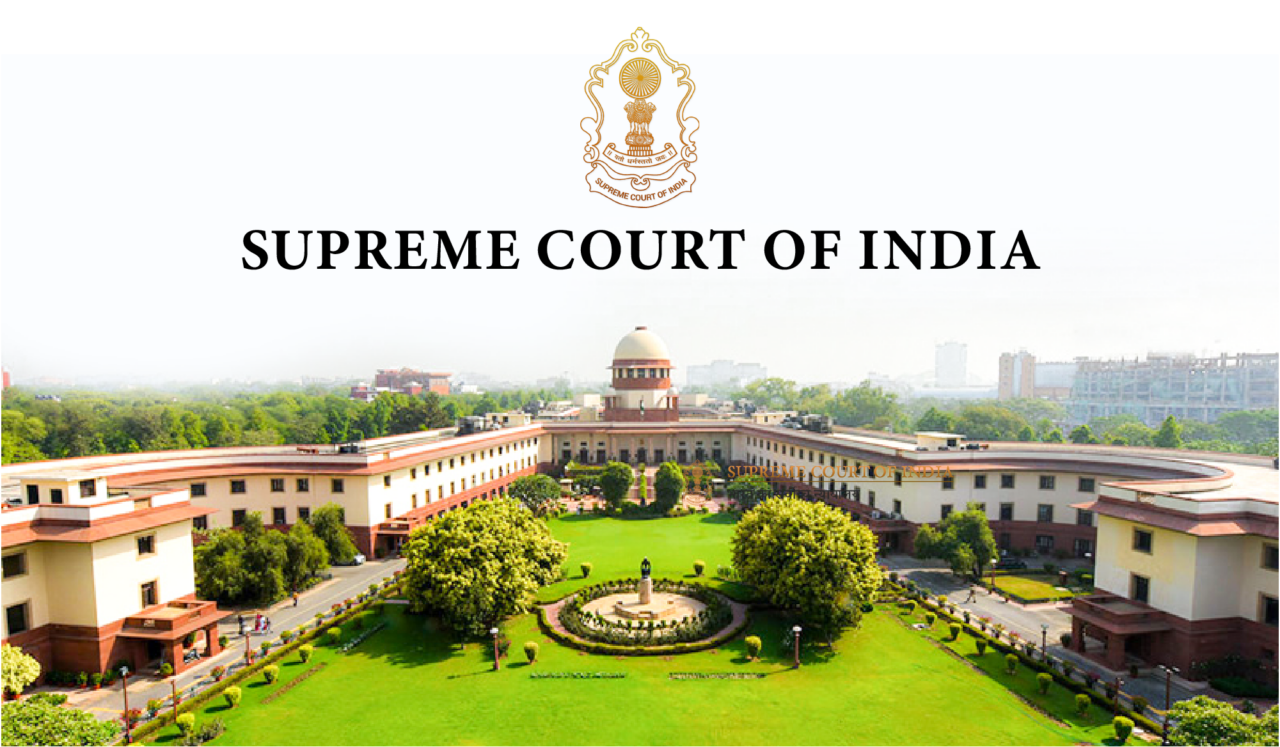The Supreme Court passed a judgment on 26 September 1960 in which it held that tax levied cannot have a direct and immediate effect on the movement of goods. This was seen in the case of Atiabari Tea Co., Ltd. vs The State Of Assam And Ors (AIR 1961 SC 232) the case was presided over by Justice B S Shah, Justice K Dasgupta, Justice K Wanchoo, Justice P Gajendragadkar
FACTS OF THE CASE:
The petitioners are tea growers in West Bengal or Assam who transport their tea to the market in Calcutta where it is either for domestic consumption or shipped for sale abroad. The amount of tea sold within the state of Assam pales in comparison to the tea that the appellants produce and make. As a result, the majority of tea produced and manufactured is exported from Assam, either for domestic use in India or for international trade. In addition to the tea transported by rail, a significant amount of tea is transported from Assam to Bengal via road or inland waterways, sometimes even from one region of West Bengal to another within the same State via inland waterways, only a small portion of which passes through the territory of the State of Assam. The Assam state government passed the Assam Taxation (on Goods Carried by Roads or Inland Waterways) Act, (Assam Act XIII of 1954. The Act’s objective is to impose taxes on specific items transported across inland waterways or by land in the State of Assam.
Under Article 226 of the Constitution, the appellants filed a petition with the High Court contesting the legality of the Act. The writ petitions were dismissed by the High Court in its judgment and order dated June 6, 1955. The appellants then received the certifications stating that the cases raised important legal issues regarding the interpretation of the Constitution. The petitions under Article 32 of the Constitution were submitted to this Court with the same intent to contest the Act’s constitutionality.
Issues before the court:
- Whether or not it violates Article 301?
- Whether or not it could be safeguarded by bringing it under the purview of Article 304 (b)?
JUDGEMENT:
The Supreme Court ruled that the contested law unquestionably imposed a tax that immediately and directly impeded the transportation of commodities, making it subject to Article 301’s jurisdiction. The Supreme Court also underlined that these taxes can only be imposed if Article 304(b) requirements have been met, which states that the President’s approval is necessary before any State enacts such a statute. The conditions of Article 304(b) were likewise not met in this instance. If the standards outlined in Articles 302 to 304 of the Constitution are not met, the freedom guaranteed by Article 301 would either cease to exist or become fictitious.
“PRIME LEGAL is a full-service law firm that has won a National Award and has more than 20 years of experience in an array of sectors and practice areas. Prime legal fall into a category of best law firm, best lawyer, best family lawyer, best divorce lawyer, best divorce law firm, best criminal lawyer, best criminal law firm, best consumer lawyer, best civil lawyer.”
JUDGEMENT REVIEWED BY RAMASHESHAN P K.


